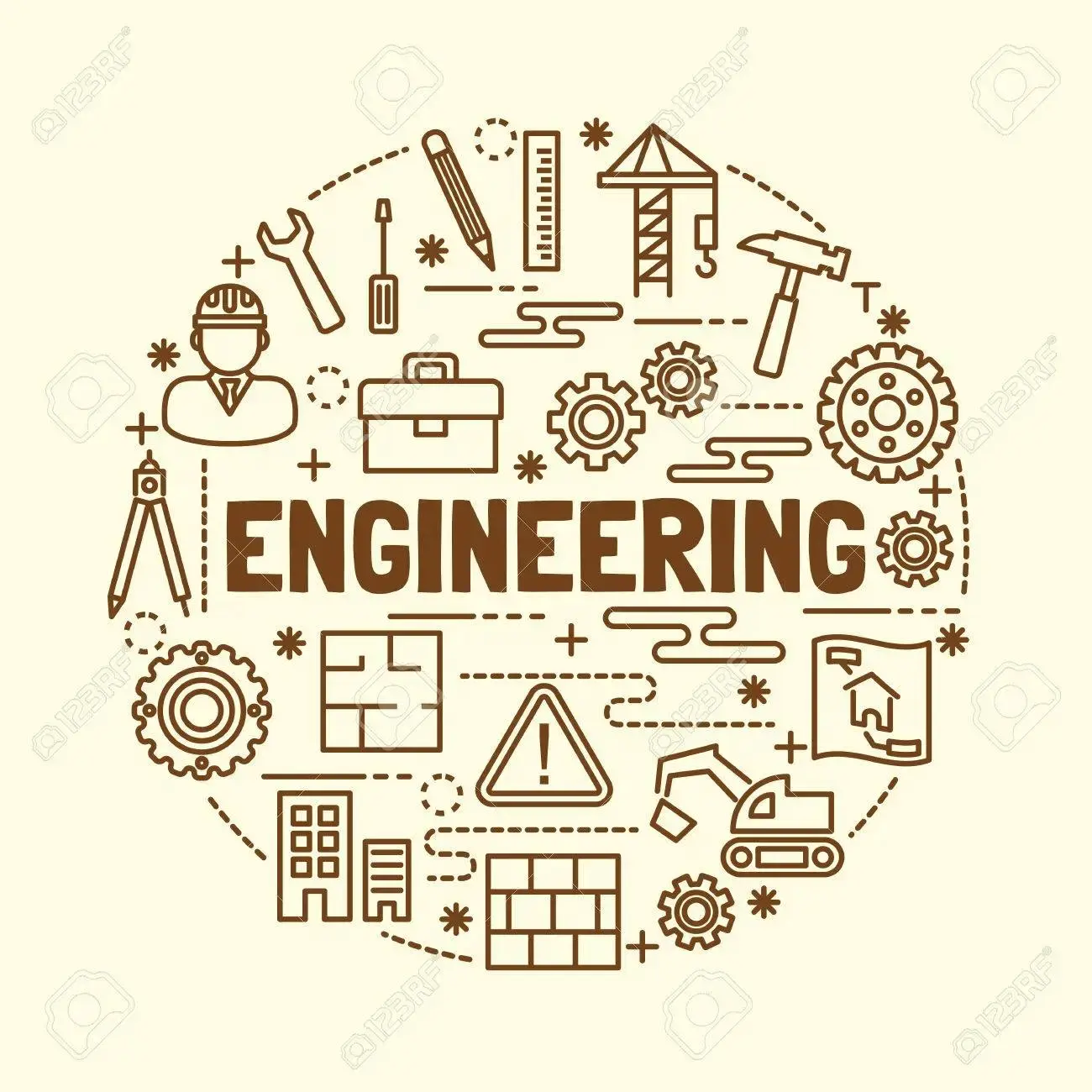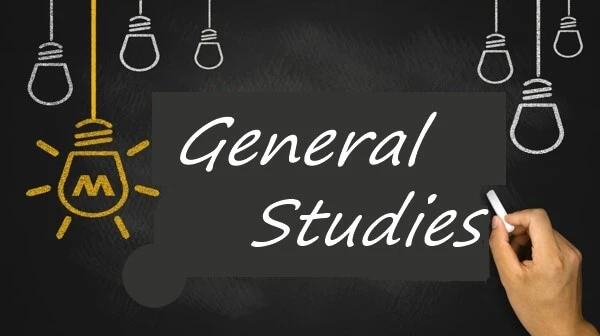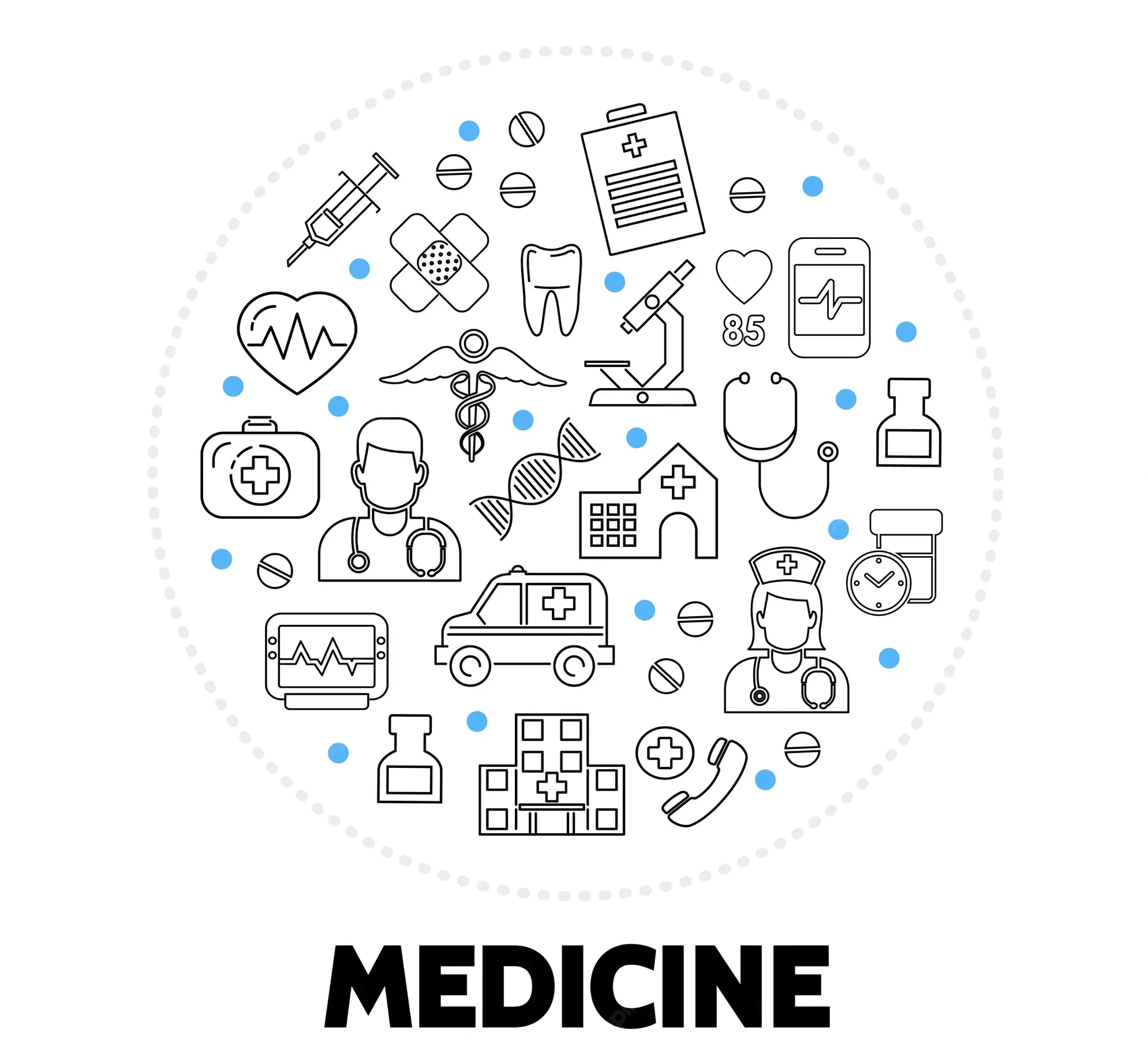Ionic Radius Books
Author: Gaurav Tripathi
School: University of Nigeria, Nsukka
Department: Engineering
Course Code: EGR201
Topics: Materials Science, materials Engineering, Rutherford model, Bohr model, atom, De- Broglie’s atomic model, Atomic bonding, ionic bonding, covalent bonding, Secondary Bonding, metallic bonding, Fluctuating Induced Dipole Bonds, Polar Molecule-Induced Dipole Bonds, Permanent Dipole Bonds, Crystallography, crystal structures, Crystal Lattice, Bravais lattices, Metallic Crystal Structures, Polycrystalline Materials, Non-Crystalline Solids, Miller Indices, Point Defects, Mechanical Properties of Metals, Stress-Strain curve, Elastic deformation, plastic deformation, Tensile Properties, Brinell Hardness Test, Micro-hardness Test, Knoop Hardness Test, Scleroscope Hardness Test, durometer, fracture, creep, dislocation, Solid-Solution Strengthening, Microstructural Exam, Grain size determination, carbon steel, cast iron, alloy, Dielectric Materials, Dielectric strength, Intrinsic dielectric strength, Magnetic Properties, Diamagnetism, Ferromagnetism, Ferrimagnetism, Hard Magnetic Materials, Extrinsic Semiconductor, semiconductor
Chemistry The Molecular Nature of Matter and Change ,9th edition
Author: Martin Silberberg, Patricia Amateis
School: University of Nigeria, Nsukka
Department: Science and Technology
Course Code: CHM112
Topics: Chemistry, matter, Stoichiometry, Chemical Reactions, Kinetic-Molecular Theory, Thermochemistry, Quantum Theory, Atomic Structure, Electron Configuration, Chemical Periodicity, chemical bonding, Shapes of Molecules, covalent bonding, Intermolecular Forces, Periodic Patterns, Organic Compounds, carbon, chemical reactions, chemical kinetics, chemical equilibrium, Acid-Base Equilibria, Ionic Equilibria, Thermodynamics, Entropy, Free Energy, Reaction Direction, Electrochemistry, Chemical Change, Electrical Work, Transition Elements, nuclear reactions
Principles of General Chemistry ,3rd edition
Author: Martin Silberberg
School: University of Nigeria, Nsukka
Department: Science and Technology
Course Code: CHM101, CHM112, CHM122
Topics: matter, chemical reactions, gases, Kinetic Molecular Theory, Thermochemistry, Energy Flow, Chemical Change, Quantum Theory, Atomic Structure, Electron Configuration, Chemical Periodicity, Chemical Bonding, Shapes of Molecules.Covalent Bonding, Intermolecular Forces, Periodic Patterns, solutions, Organic Compounds, carbon, Mechanisms of Chemical Reactions, Acid-Base Equilibria, Ionic Equilibria, Thermodynamics, Entropy, Free Energy, Electrochemistry, Chemical Change, Electrical Work, Transition Element, Nuclear Reactions
Student Solutions Manual to accompany Principles of General Chemistry
Author: Martin Silberberg, Patricia Amateis
School: University of Nigeria, Nsukka
Department: Science and Technology
Course Code: CHM101, CHM112, CHM122
Topics: matter, chemical reactions, gases, Kinetic Molecular Theory, Thermochemistry, Energy Flow, Chemical Change, Quantum Theory, Atomic Structure, Electron Configuration, Chemical Periodicity, Chemical Bonding, Shapes of Molecules.Covalent Bonding, Intermolecular Forces, Periodic Patterns, solutions, Organic Compounds, carbon, Mechanisms of Chemical Reactions, Acid-Base Equilibria, Ionic Equilibria, Thermodynamics, Entropy, Free Energy, Electrochemistry, Chemical Change, Electrical Work, Transition Element, Nuclear Reactions
The Elements of Polymer Science & Engineering ,3rd edition
Author: Alfred Rudin, Phillip Choi
School: Institute of Management Technology
Department: Engineering
Course Code: CHE310
Topics: Polymer Science, Polymer Engineering, Polymerization, Synthetic Polymers, Copolymers, Constitutional Isomerism, Configurational Isomerism, Polymer Molecular Weights, polymer Solids, polymer Liquids, Polymer Mixtures, Step-Growth Polymerization, Free-Radical Polymerization, Copolymerization, Dispersion Polymerization, Emulsion Polymerization, Ionic Polymerization, Coordinated Polymerization, Polymer Reaction Engineering, Biopolymers
Model textbook of chemistry for senior secondary schools, 3rd edition
Author: Okoye Ebelechukwu Ifeoma
School: WAEC, JAMB & POST UTME
Department:
Course Code: SSCE, WAEC, JAMB, POST UME
Topics: scientific method, hypothesis, chemical industries, matter, atom, molecule, ion, neutral atom, atomicity, Dalton‘s atomic theory, atomic structure, atomic number, mass number, isotopy, valency, binary compounds, chemical combination, periodic table, electronic configuration, noble gases, Relative atomic mass, Relative molecular mass, chemical bonding, Electrovalent bonding, covalent bonding, Co-ordinate covalent bonding, Metallic bonding, hydrogen bonding, Vander Waal forces, Gas Laws, Boyle‘s law, Charles law, Avogadro's law, Separation Techniques, filtration, decantation, acid, bases, salts, alkali, water, carbon, diamond graphite, Chemical Reactions, Reactants, decomposition reaction, Acid-Base Reaction, Volumetric analysis, reagents, water, air, oxygen, halogen, nitrogen, Sulphur, Oxidation Reduction Reaction, redox reaction, oxidizing agent, reducing agent, ionic theory, Electrovalent Compounds, Covalent Compounds, Electrolysis, Electrochemical cells, organic chemistry, isomerism, alkanols, Quantitative Analysis, Qualitative Analysis, Acid-base titration, Redox titrations, Petroleum, metals, fats, oil, starch, Giant Molecules, sugar, protein, nuclear chemistry, Nuclear Reactions
Author: John Olusina Obimakinde, Samuel Oluwaseun Obimakinde
School: WAEC, JAMB & POST UTME
Department:
Course Code: CHEMISTRY
Topics: Chemistry Calculations, Masses and Formulae, Relative Atomic and Molecular Masses, Mass Percentage Composition, Valency, Chemical Formula, Empirical and Molecular Formulae, Reduced Mass, Chemical Reaction, Stoichiometry, Mole, Chemical Equations, Reaction Stoichiometry, Chemical Laws, Redox Reactions, IUPAC Nomenclature, Oxidation Number, Redox Equations, IUPAC Nomenclature of Inorganic Substances, Atomic Structure, Chemical Bonding, Dalton’s Atomic Theory, Wave-Particle Duality of Matter, Uncertainty Principle, Ionization Energy, Ionic Bond, Lattice Energy, Covalent Bond, Heat of Reaction, Dipole Moment, Formal Charge, The Gaseous State, Gas Pressure, Gas Laws, Critical Constants of Gases and Equations of State for Real Gases, Reduced State Properties, Gas Density, Gas Stoichiometry, Molar Volume of Gases, Relative Vapour Density, Gas diffusion, Mole Fraction, Kinetic Theory of Gases, The Solid and Liquid States, Vapour Pressure, Change of State, Density of Solids, X-Ray Crystallography, Determination of Viscosity of Liquids from Stokes’ Law, Surface Tension, Properties of Solutions, Concentration, Molality, Solubility, Solubility Product, Colligative Properties of Solutions, Conductance of Solutions, Quantitative Analysis, Volumetric Analysis, Gravimetric Analysis, Thermodynamics, Calorimetry, Heat (Enthalpy Change) of Physical Change, Heat (Enthalpy Change) of Reaction, Heat Capacities of Gases, Thermodynamics of Solutions, The First Law of Thermodynamics, The Second Law of Thermodynamics, Efficiency, Electrochemistry, Electrochemical Cells, Electrolysis, Chemical Equilibria, Le Chatelier’s Principle, Position of Equilibrium, Equilibrium Constant, Reaction Quotient, Acid-Base Equilibria, Acid Ionization Constants, Base Ionization Constants, Water Autoionization Constant, Hydrogen Ion Concentration, Buffer Solutions, Salts, Chemical Kinetics, Rates of Reactions, Rate Law, Nuclear Chemistry, Radioactivity, Nuclear Reactions
Author: Bryan Earl, Doug Wilford
School: International Exams
Department: Science and Technology
Course Code: IGCSE
Topics: kinetic theory of matter, diffusion, compounds, experimental techniques, elements, separating mixtures, gels, sols, foams, emulsions, atomic structure, atomic bonding, Ionic bonding, covalent bonding, glasses, ceramics, metallic bonding, Stoichiometry, chemical calculations, relative atomic mass, reacting masses, calculating masses, moles, chemical equations, electricity, electrolysis, electroplating, chemical energetics, fossil fuels, chemical energy, cells, batteries, chemical reactions, enzymes, acid, base, alkalis, salt formation, crystal hydrates, salt solubility, titration, periodic table, Alkali metal, alkaline earth metals, halogens, noble gases, transition elements, metal, metal reactions, metal nitrate decomposition, metal carbonate decomposition, metal oxide decomposition, metal reactivity, metal waste, rusting of iron, air, water, ammonia, artificial fertilizer, water cycle, water hardness, sulfur, sulfur dioxide, sulfuric acid, inorganic carbon chemistry, limestone, carbonates, carbon dioxide, organic chemistry, alkanes, alkenes, Biotechnology, alcohols, Carboxylic acids, soaps, detergents, Condensation polymers, biopolymers, Pharmaceuticals, Experimental chemistry
Departments

Administration, Social and Management science

Agriculture and Veterinary Medicine

Arts and Humanities

Education

Engineering

General studies

Law

Medical, Pharmaceutical and Health science

Science and Technology